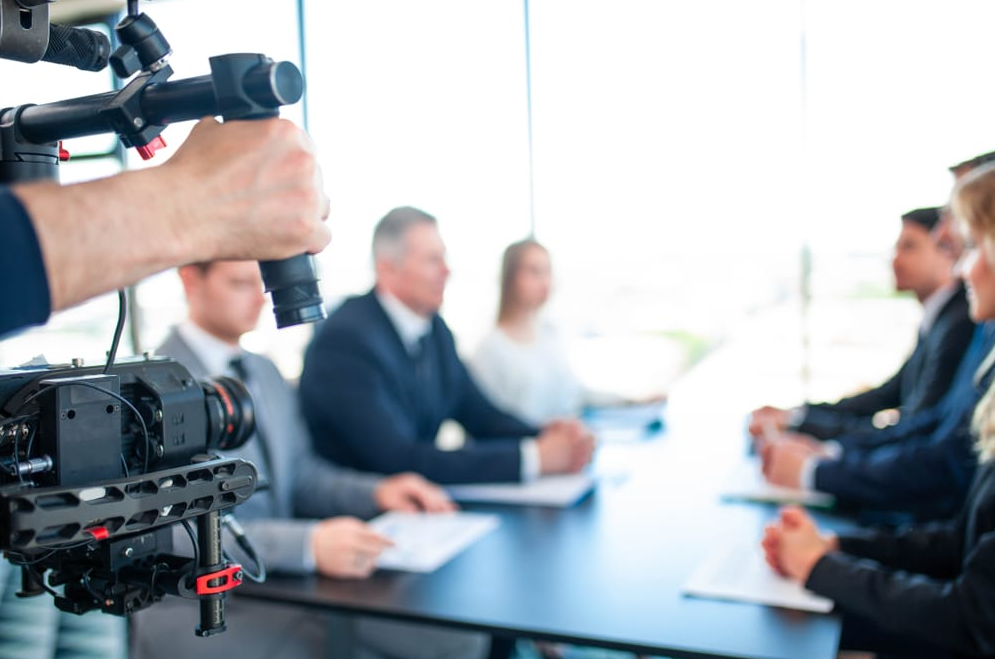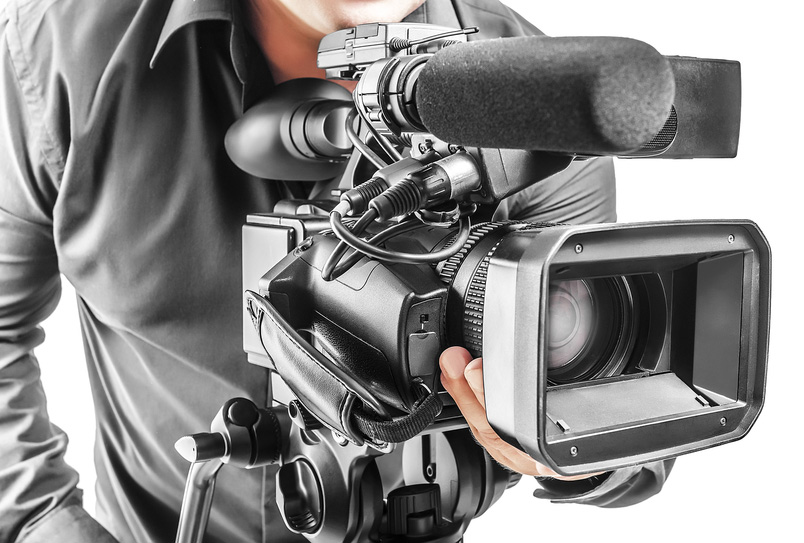The Duty of Legal Videography in Depositions and Trials
Legal videography has become an essential device in both depositions and trials, supplying a complex method to documenting witness testimonies. By recording not only the spoken word but likewise the nuances of non-verbal communication, this medium enhances the reliability of statements and preserves important proof for future procedures. As legal specialists progressively acknowledge its value, it triggers a deeper exam of how these aesthetic documents can affect juror understandings and trial results. What implications might these developments hold for the future of legal technique?
Value of Legal Videography
Legal videography plays a pivotal function in the paperwork and presentation of depositions and trials. This customized field combines technical skills with lawful knowledge to produce a trustworthy record of procedures that can considerably affect instance end results. The visual element of lawful videography enhances the understanding of witness statement, allowing jurors and judges to observe not just the spoken words however likewise the attitude, feelings, and body language of the witnesses.

The importance of lawful videography prolongs beyond the courtroom; it additionally plays a crucial function in maintaining proof for future referral, whether for appeals or further lawsuit. As such, its assimilation right into the legal procedure is important for guaranteeing a reasonable and precise representation of the truths, ultimately adding to the quest of justice.

Refine of Legal Videography
While capturing the nuances of depositions and tests, the procedure of legal videography entails a number of vital steps that make sure premium, accurate recordings. Initially, an expert legal videographer prepares by assessing the instance materials and understanding the certain needs of the deposition or test. This prep work consists of acquainting themselves with the individuals and the context, which assists in capturing pertinent details.
On the day of the recording, the videographer establishes up the needed equipment, which normally includes high-definition cams, microphones, and correct lights. Making certain optimum angles and audio top quality is crucial, as it straight influences the performance of the recording. The videographer connects with lawyers and individuals to develop protocols, ensuring that everyone understands the recording process.
During the deposition or test, the videographer diligently videotapes the process, paying very close attention to both spoken and non-verbal cues. legal videography. This includes catching the temperament and reactions of witnesses and attorneys. After the session wraps up, the videographer may edit the video for quality and compliance with legal criteria, creating a last item that properly reflects the proceedings for future recommendation and usage in legal contexts
Benefits in Depositions
The incorporation of videography in depositions supplies many advantages that boost the total process of gathering proof. One key benefit is the ability to catch witness testimonies with aesthetic and you could look here auditory integrity, supplying a much more exact depiction of the witness's behavior, tone, and body language. This multidimensional technique allows lawyers and juries to analyze reputation a lot more effectively than typical written transcripts alone.
In addition, videographed depositions function as an effective tool for protecting testament. Must a witness ended up being unavailable for trial, their videotaped deposition can be played in court, making certain that their proof continues to be available and pertinent. This aspect dramatically reduces the danger of shedding important info that could influence situation outcomes.
Furthermore, the usage of legal videography advertises far better preparation for attorneys. Examining video clip footage allows legal groups to assess and refine their techniques, determining toughness and weaknesses in their cases. This preparatory benefit can cause even more engaging presentations in court.
Lastly, videography improves the general professionalism of the deposition procedure, instilling confidence in customers regarding the thoroughness of their legal representation. By leveraging technology, legal experts can substantially boost the performance of depositions.
Influence On Trials
In many trials, the integration of videography can dramatically influence the presentation of proof and the jury's assumption. Legal videography catches witness statements and important proof in a dynamic style, allowing jurors to engage with the material on multiple levels. This aesthetic element boosts the storytelling element of a test, providing context and psychological resonance that standard text-based proof may lack.
Moreover, video clip recordings can act as effective tools for impeachment during interrogation. When disparities arise between a witness's prior declarations and their court statement, video proof supplies an unbiased recommendation that can sway jurors' point of views. This immediacy and quality can reinforce the trustworthiness of a party's story while concurrently weakening opposing disagreements.
Additionally, using videography can assist streamline intricate info, making it much more available to jurors that may battle to comprehend elaborate information provided solely with verbal testament. By combining visuals with acoustic information, lawful videography can enhance retention and understanding, inevitably influencing the court's decision-making process. The impact of videography in trials expands beyond simple visual appeals; it plays a critical function in forming the legal landscape and results.
Future Trends in Legal Videography
As we look toward the future of legal videography, numerous arising trends guarantee to improve its role within the court room. One significant trend is the assimilation of expert system (AI) in video analysis and modifying - legal videography. AI can simplify the process of determining vital minutes in tape-recorded depositions, enabling lawyers to promptly access relevant web content, thereby improving performance in case preparation
Furthermore, the increase of digital reality (VR) and enhanced truth (AR) innovations is anticipated to change just how jurors experience evidence. By immersing jurors in a simulated environment, these their website innovations can offer a much more extensive understanding of complicated circumstances, bring about even more educated deliberations.

In addition, the boosting need for remote depositions, increased by the COVID-19 pandemic, will likely continue. Legal videographers will certainly require to adjust to new software application and platforms to make sure high-grade recordings in digital setups.
Finally, the growing emphasis on information protection will certainly require stricter protocols for saving and sharing video clip evidence. As the legal landscape advances, lawful videographers need to stay abreast of these trends to keep their importance and efficiency in the judicial process.

Final Thought
In summary, lawful videography serves a vital function in the judicial procedure, enhancing the stability of depositions and tests. By capturing the subtleties of witness news testimonies, this medium not just preserves necessary evidence however additionally aids in providing information successfully to jurors. The relevance of visual paperwork in evaluating trustworthiness and facilitating cross-examination can not be overemphasized. As technology remains to progress, lawful videography is poised to additional change its duty within the legal landscape.